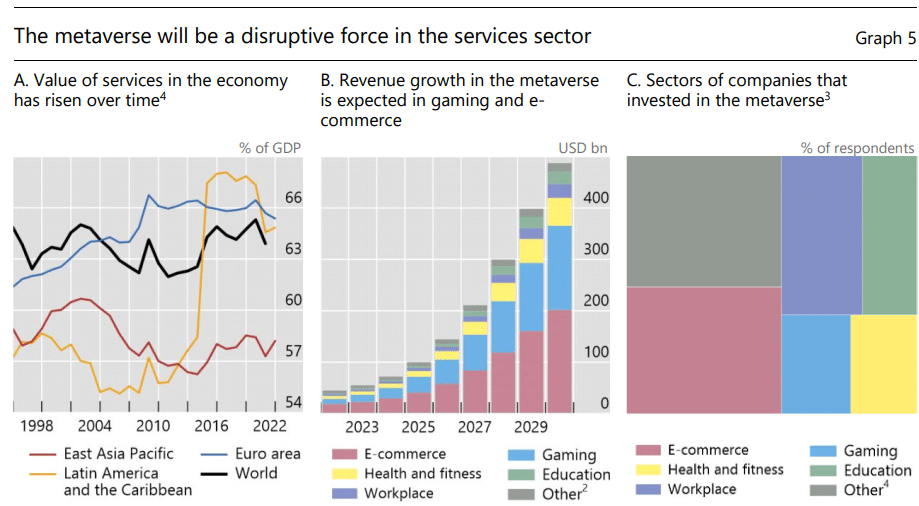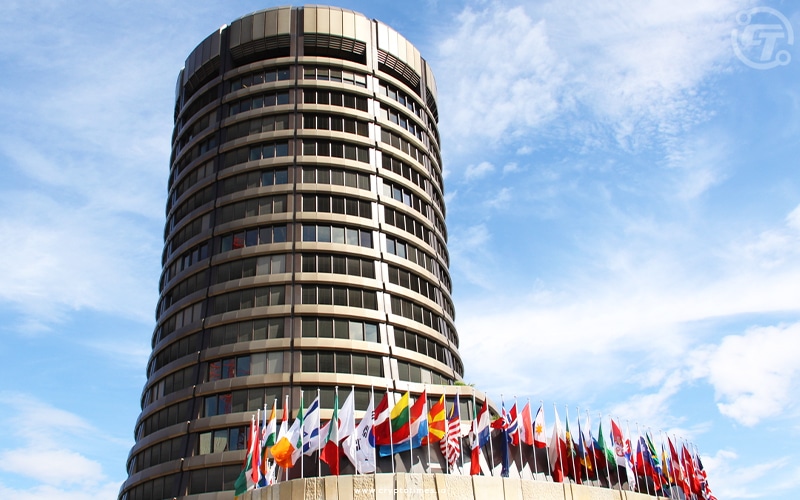The metaverse holds great potential, but its future depends on overcoming fragmentation through interoperable payment systems and wise regulation, according to a new study by the Bank for International Settlements (BIS).
While interest in immersive virtual worlds peaked in early 2022, some use cases continue to develop in gaming, retail, education, and healthcare. The metaverse market could reach trillions of dollars by decade’s end.

However, the study divides the metaverse into centralized platforms controlled by big tech firms like Meta, and decentralized ones based on cryptocurrencies.
The authors argue that centralized metaverses can manipulate native tokens and control transactions, while decentralized ones rely on fragmented exchanges. More efficient, interoperable payments like central bank digital currencies could prevent the metaverse from splintering among private interests.
Proper regulation is key, as users care most about usability, not technical decentralization. The study sees potential for the metaverse to transform economies by making services more location-independent and revolutionizing work.
However authorities must promote open payment systems accessible to all. With wise governance, the metaverse can become an engine of innovation rather than an arena of exclusion.
Also Read: China Forms Metaverse Standards Team With Tech Giants






